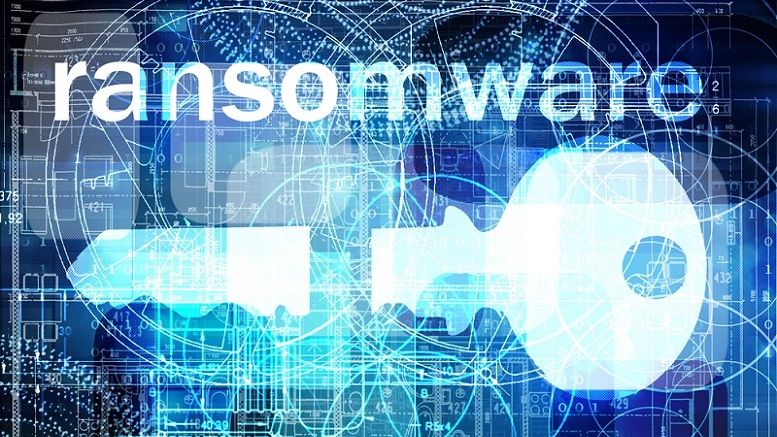
Ransomware Tool Has Decryption Keys Leaked by Anonymous User
The master decryption keys for the ransomware, CrySis, has been released to the public, news that will undoubtedly come as a pleasant surprise to those victimized by the malware. Another Ransomware Tool Bites the Dust. The decryption keys first became public when a user posted them on a the forums of bleepingcomputer.com. The user, known only as crss7777, posted the decryption keys on the forum at 1 AM Sunday morning. Researchers at Kaspersky Lab, who have recently launched an anti-ransomware campaign in conjunction with Intel Security and international law enforcement this summer, quickly....
Related News
Kaspersky Lab has added a further 711 decryption keys to its database. Kaspersky Lab has released a new tool to help free computer files 'held hostage' by bitcoin ransomware. CoinVault, which has infected around 700 computers in the Netherlands, is a strain of malware that demands a rising amount of bitcoin to unlock files it has encrypted. Thanks to Kaspersky's ransomware decrypter, certain victims can now access their files free of charge. The tool was created after Dutch authorities shared a database of CoinVault's information (including IVs, keys and bitcoin wallets) with the firm as....
According to a cyber-security survey, 33% of UK companies are buying Bitcoin in anticipation of ransomware attacks. This comes after a Canadian university paid 20,000 Canadian dollars in Bitcoin for the encryption keys to their data this week. Canadian university ransomware attack. More than 100 of the computers at the University of Calgary had been infected with the ransomware, causing email and other files to become encrypted. After their IT department spent countless hours trying to find a solution to the attack, it was resolved that they would pay the ransom money of CAD $20,000 (USD....
Paying the fee associated with a ransomware should always be seen as a last resort. There is no guarantee the decryption keys will restore full system access or revert all data back to its original state. The University of Calgary is the most recent victim of ransomware attacks, and the school paid CND$20,000 in Bitcoin to get rid of the malware. Despite paying the fee, not all systems are back online, as the provided decryption keys do not restore all systems automatically. Trouble started brewing for the University of Calgary on May 28, and students were advised not to connect their....
Two ransomware strains, CoinVault and Bitcryptor have been put to bed due to the joint efforts of law enforcement in Netherland and an independent cybersecurity firm. The authors of the malware sought ransom payments from victims in Bitcoin. Ransomware thieves who took Bitcoin payments in return for victims to access their files freely after their rogue file-locking methods have been put out of work. Two authors who allegedly developed the ransomware were arrested in Netherlands and Kaspersky, a cybersecurity firm has confirmed that it has amassed 14,000 decryption keys that are required....
The IT firm denies that it paid a ransom to the Russian hacker group in exchange for the decryption tool. IT software provider, Kaseya, has announced it is providing its clients with a decryption tool to recover customer data that was locked in a ransomware attack earlier this month.In a July 26 notice on its website, the global technology firm stated it has been assisting its customers with the restoration of their encrypted data in partnership with cybersecurity company Emsisoft.It has been issuing a mysterious “decryptor” tool enabling customers to access data that had been locked by....





